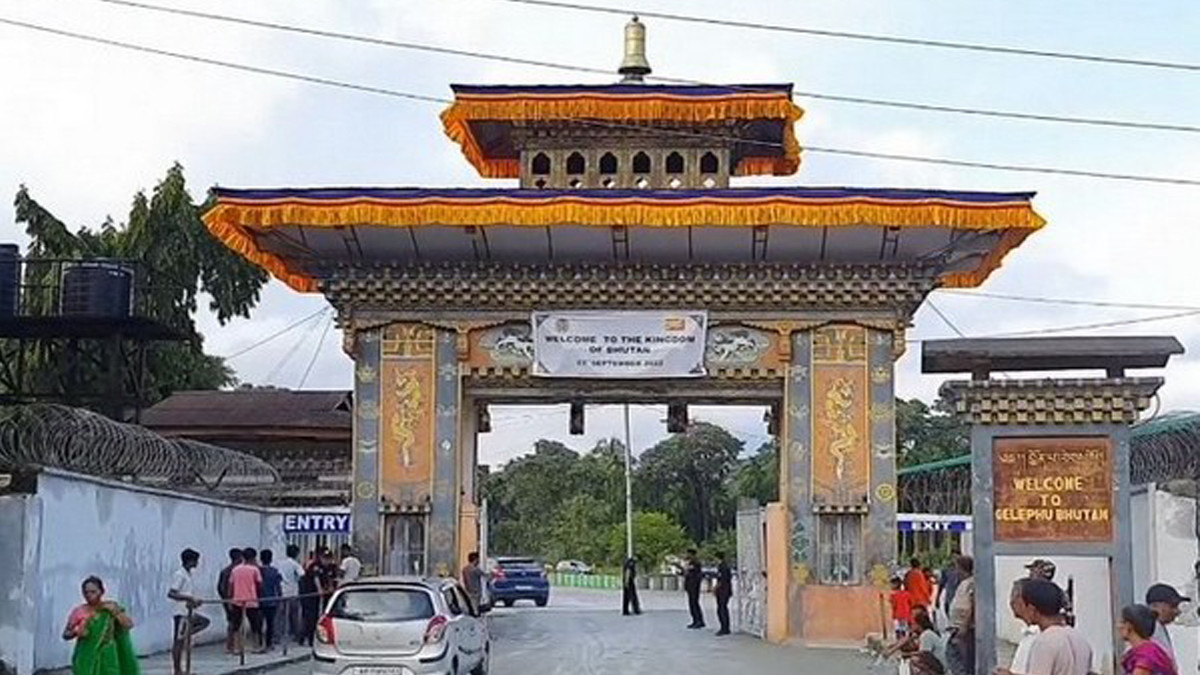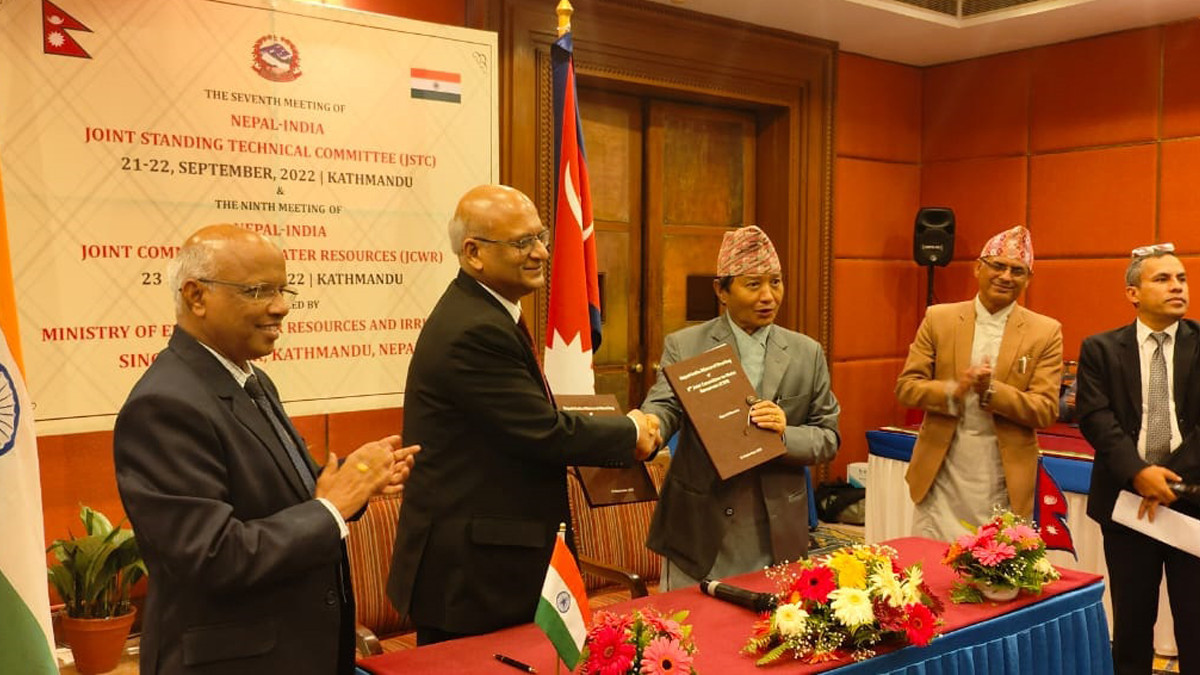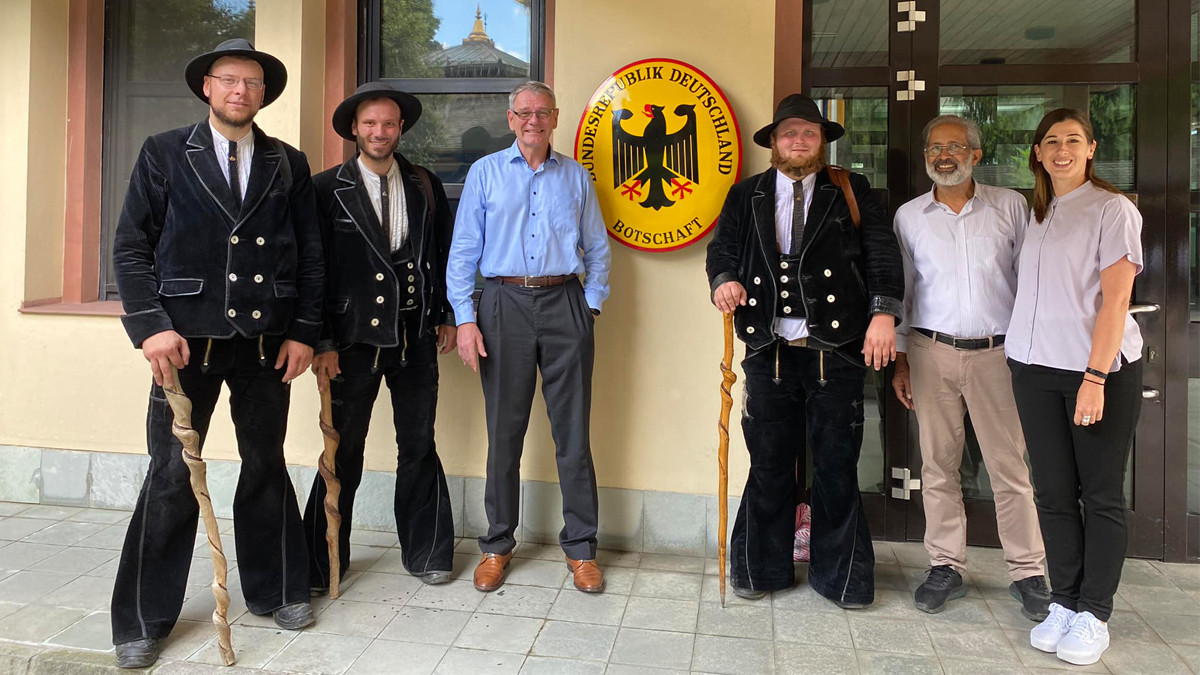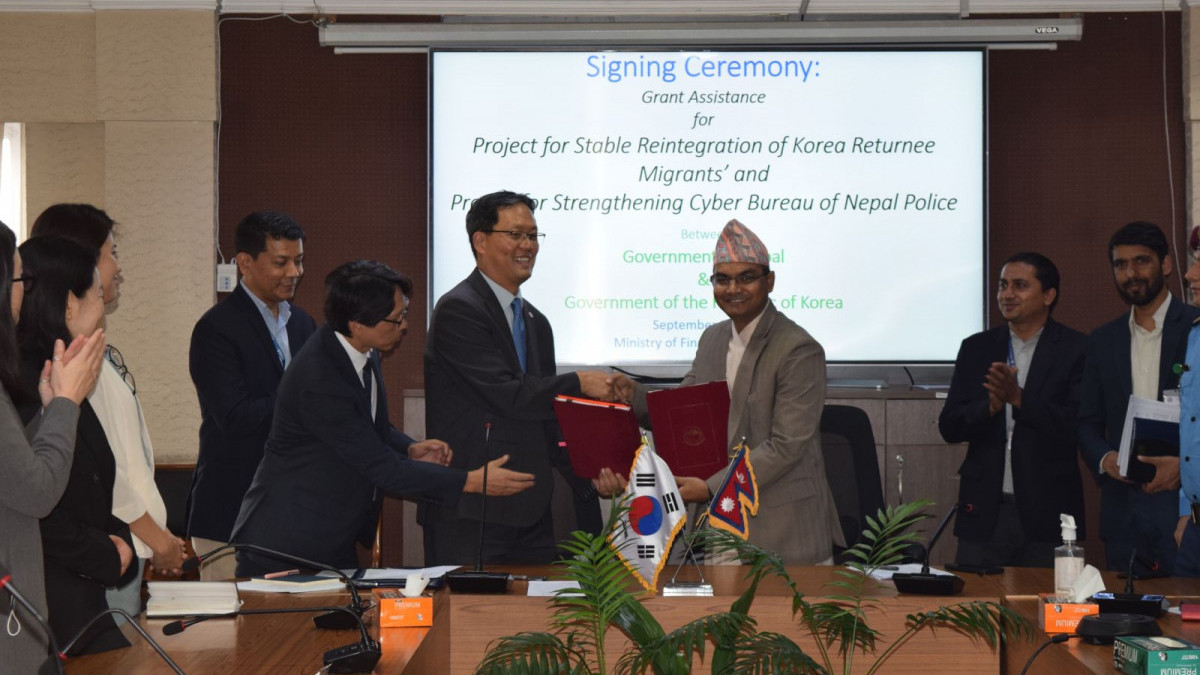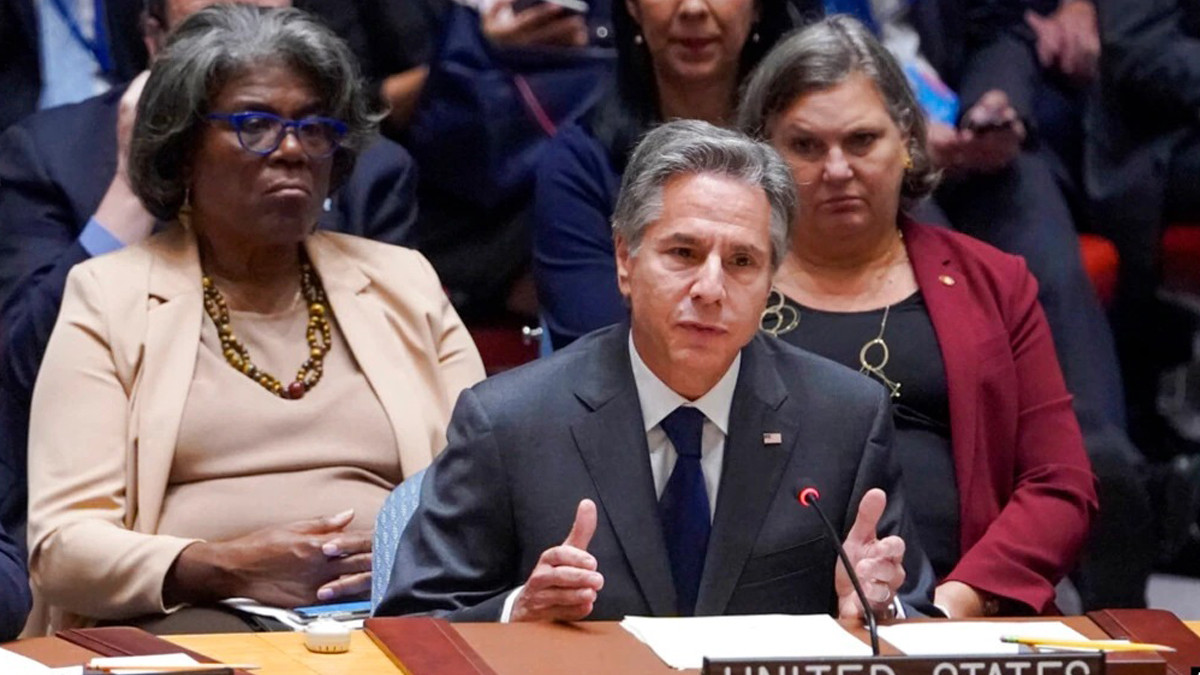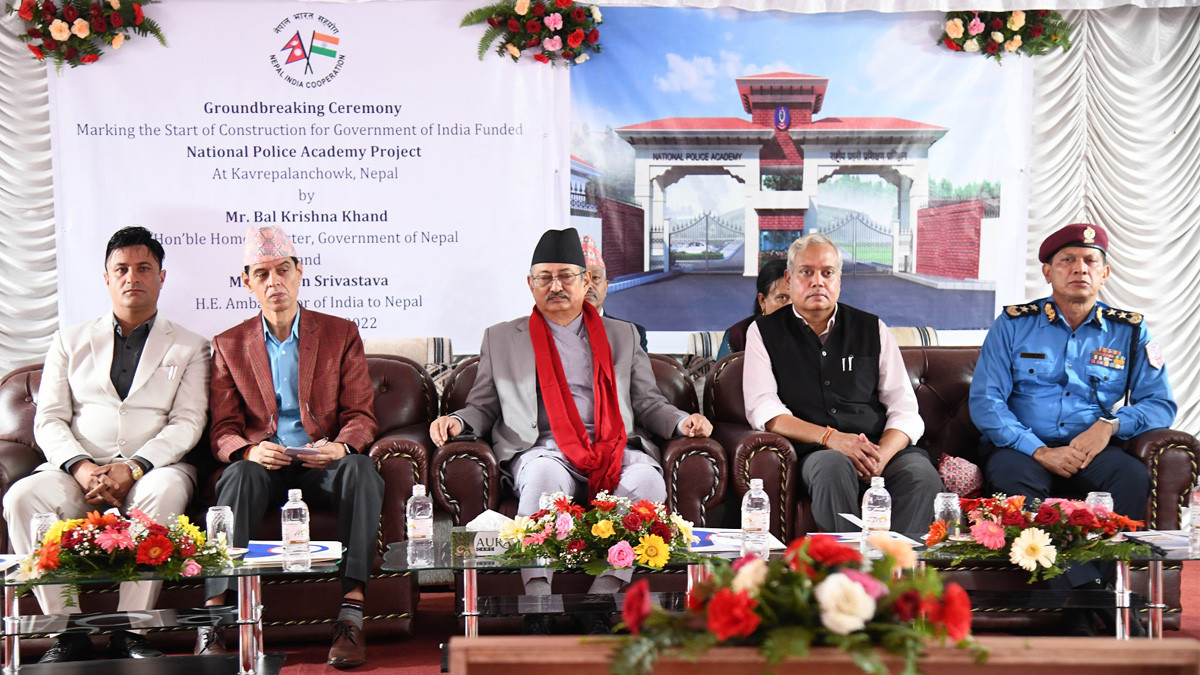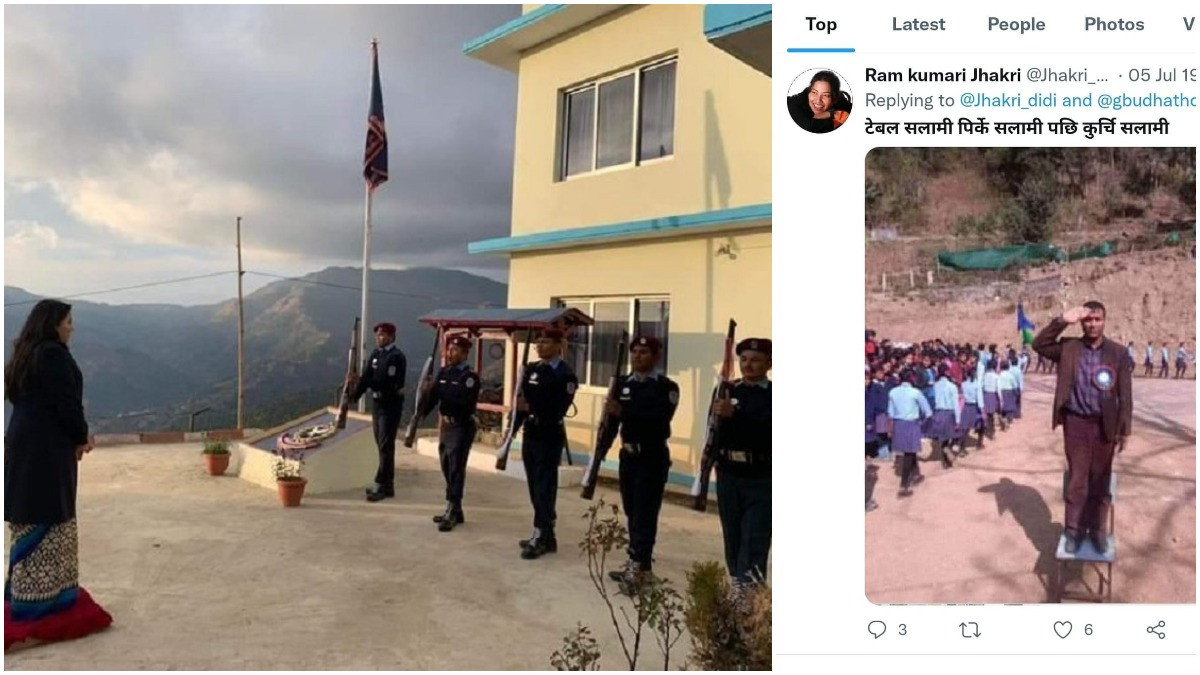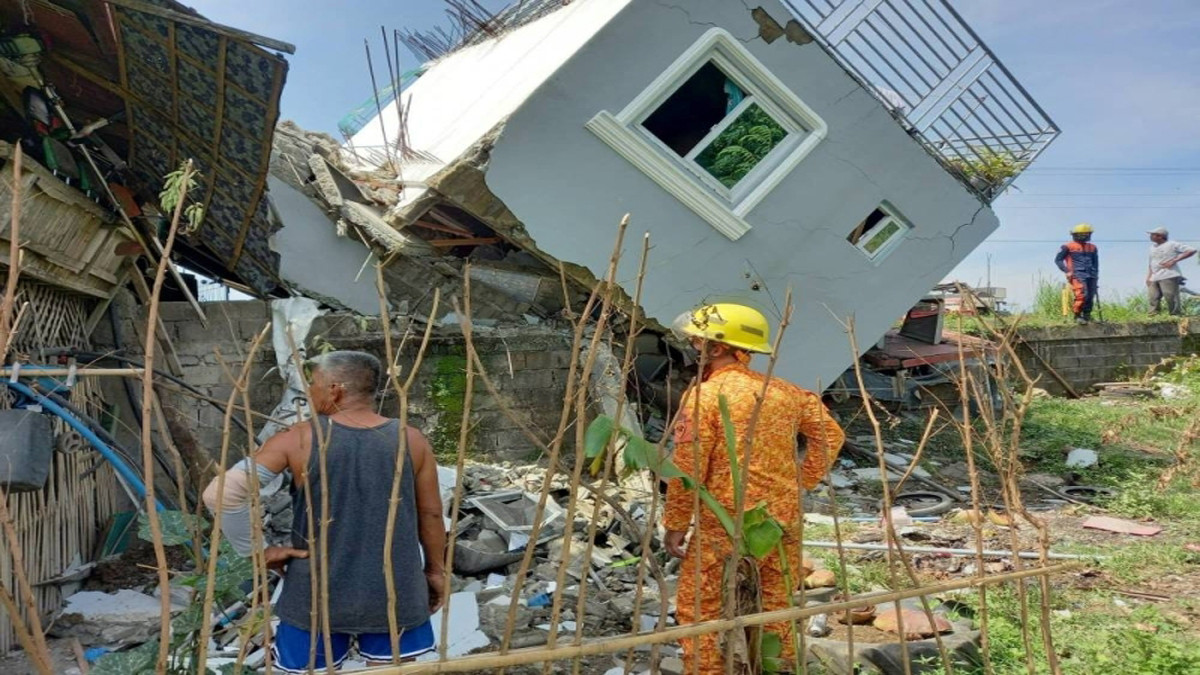 A general view of damaged buildings following an earthquake in Santiago, Ilocos Region
A general view of damaged buildings following an earthquake in Santiago, Ilocos Region
A powerful 7.1 magnitude earthquake struck the northern Philippine island of Luzon on Wednesday killing four people, damaging buildings, and sending strong tremors through the capital, Manila.
Two people were killed in Benguet province, one in Abra province, and one more in another province, Interior Secretary Benjamin Abalos told a news conference. Sixty people were injured, he said.
The quake struck about 11 km (six miles) southeast of the town of Dolores at a shallow depth of 10 km (6 miles), according to U.S. Geological Survey data.
"Despite the sad reports about the damages caused by the earthquake, we are assuring quick response to those in need and affected by this calamity," President Ferdinand Marcos Jr said on Facebook.
The quake hit close to Marcos family's political stronghold.
Renato Solidum, director of the state seismology agency, told the DZRH radio station, that strong aftershocks were expected.
"The focus of attention is on Abra and nearby provinces. This is a major earthquake," Solidum said.
Abalos said 173 buildings were damaged and 58 landslides were reported, with 44 of the 60 injured in Abra province.
A hospital in Abra province was evacuated after the building partially collapsed but there were no casualties reported there, officials said.
Abra's vice governor, Joy Bernos, posted photos of the damaged Abra hospital on her Facebook account, which showed a gaping hole in its facade.
Other photos showed hospital beds, including one with a patient, being wheeled across a road and evacuated hospital staff.
AFTERSHOCKS
Abra, home to nearly 250,000 people, is a landlocked province in the northern Philippines. Its deep valleys and sloping hills are enclosed by rugged mountains.
The Philippines is prone to natural disasters and is located on the seismically active Pacific "Ring of Fire", a band of volcanoes and fault lines that arcs around the edge of the Pacific Ocean. Earthquakes are frequent and there are an average of 20 typhoons each year, some triggering deadly landslides.
Eric Singson, a congressman in Ilocos Sur province, also in the north, told the DZMM radio station the quake had been felt strongly there and lasted 30 seconds or more.
"I thought my house would fall," said Singson. "Now, we are trying to reach people .... Right now there are aftershocks so we are outside our home."
The quake damaged heritage buildings in the city of Vigan, known for its old Spanish colonial architecture, on the west coast of Luzon.
Tourist Edison Adducul told the radio he was taking photos of the Bantay Church Bell tower in Vigan when the quake struck, shaking the tower for up to three minutes.
Senator Imee Marcos said several churches were damaged.
"The antique bricks and coral stones fell down from the Bantay Bell Tower," she said.
The quake was also felt in Manila where several buildings were evacuated, with some people forced to flee from the 30th floor of one building, and the city's metro rail systems were halted at rush hour.
Source - Reuters


